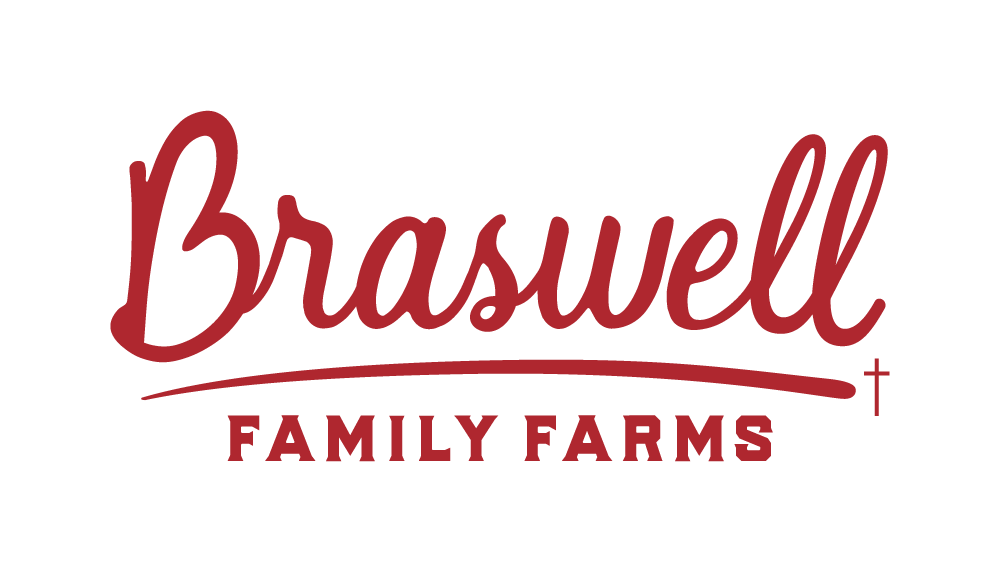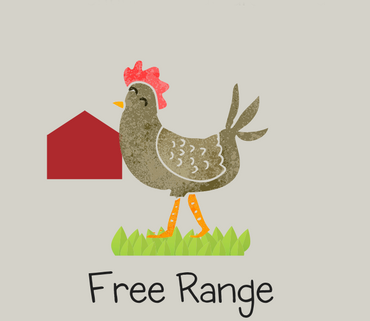Egg-cellent Intelligence - Environments
The Key to Understanding Egg Labels
Grocery shopping can become tiresome and confusing after reading all the different claims and labels on the food we buy. We know this shouldn't be the case, so we broke down the difference between the three commonly confused egg types that you typically see at your neighborhood grocery store.
Braswell Family Farms has conventional, cage free, and pasture raised farms. We are proud to supply each of these egg types to meet the needs of all consumers.
Note: the nutritional value of eggs depends on the feed it consumes, not the environment in which the hen was raised.
These hens live and roam with other hens in a barn with 1.5 square feet per bird. These birds do not have access to the outdoors but are given sufficient freedom to movement to stand, turn around, stretch their wings, and perch or sit quietly without repeated disturbance.
As stated by American Humane.
Free range hens live in houses and have access to 2 square feet of an uncovered outdoor area per bird for at least 6 hours per day, weather permitting. They are kept indoors at night to protect them from predators.
As stated by the Certified Humane Organization.
Pasture raised hens have access to 2.5 acres of pasture land with living vegetation per 1,000 birds and live in stationary or mobile houses. They are also kept indoors at night to protect them from predators.
As stated by the Certified Humane Organization.



